Un certain regard
French director and producer Charles de Meaux probably never expected that he would see a portrait of a Chinese empress in a museum in his own country one day. And this portrait stayed in his mind for a long time so that later, he began to explore the world of this ancient Manchu woman and represent her story in his latest film, Portrait de femme (Lady in the Portrait).
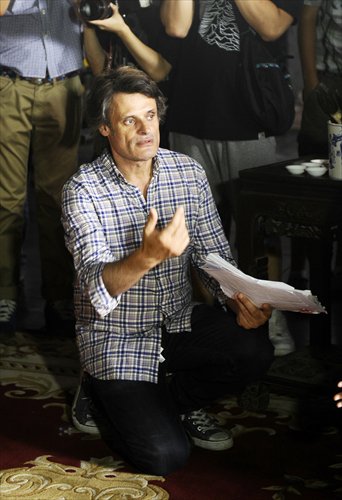
Charles de Meaux on the set of Portrait de femme Photos: CFP and courtesy of Wang Fang
The subject of the portrait is Ulanara, the Step Empress (1718-1766), who was the second empress of the Emperor Qianlong in the Qing Dynasty (1644-1911). Chinese actress Fan Bingbing, who starred in Meaux's directorial debut Stretch in 2011, plays the eponymous empress.Set in Macao, Stretch tells a love story about a young French jockey, Christophe, and a Chinese girl, Pamsy.
A French-Chinese co-production, Lady in the Portrait also features a Gallic leading man in Melvil Poupaud, playing a missionary who painted portraits in the imperial palace. The film is scheduled for release in early 2015.
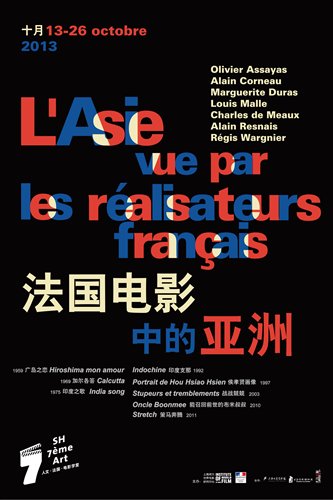
While shooting in China, Meaux visited Shanghai last weekend to attend a cinema event, "L'Asie vue par les réalisateurs français" (Asia Seen by French Directors), co-organized by the Consulate General of France in Shanghai and the Institute of World Film at Shanghai Normal University.
During the event, held from October 13 to 26, eight movies, including Stretch, that were directed or produced by French filmmakers were screened at the Shanghai Film Museum, Shanghai Normal University and the Shanghai Film Art Center. Related lectures and forums were held at MoCA Shanghai.
Meaux told the Global Times that he has a great interest in Asia. "It is not only because I have made lots of Asian friends who are making films, but also, as a film director, I always want to explore how to tell a story about someone else who is totally different from myself and someone else who has a totally different cultural background with us," Meaux said, "especially the collision between Western and Eastern cultures."
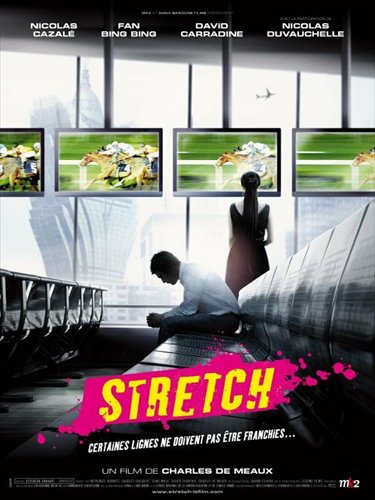
In Meaux's opinion, globalization has had a homogenizing effect on the world, eroding cultural variety. "But fortunately, we have film, which can create difference and richness to show this world," Meaux said. Meaux produced the 2010 Palme d'Or winning film, Uncle Boonmee Who Can Recall His Past Lives by Thai director Apichatpong Weerasethakul. Meaux told us that as well as appreciating the director's distinctive filmmaking talent, he believes that the Thai outlook on ghosts, gods and the reincarnation of the soul is fascinating for Western people.
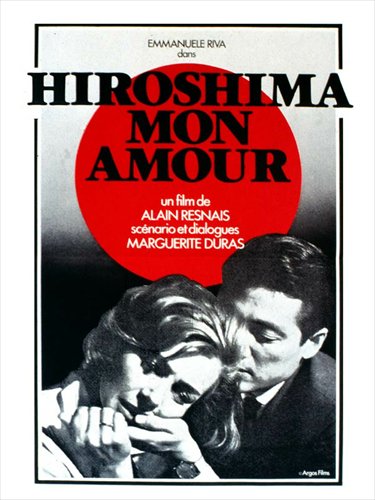
Another two films screened at the cinema event, Hiroshima mon amour (Hiroshima My Love) and India Song, are works by French author, screenwriter and film director, Marguerite Duras. She wrote the Oscar-nominated script for Hiroshima mon amour in 1959 and directed her own screenplay of India Song in 1975.
Many of Duras' works dealt with Asia, including her most famous novel, the semi-autobiographical The Lover, which won the Prix Goncourt in 1984 and was made into a film in 1992. Duras was born and grew up in Saigon when the city was part of French Indochina.
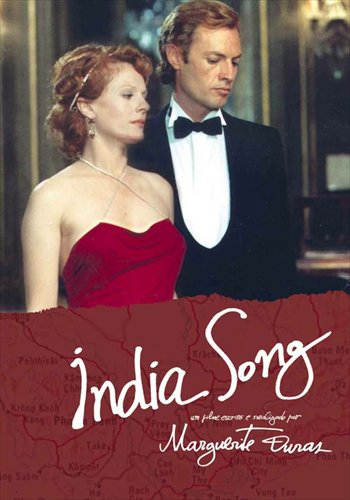
"It is probably a general impression that French directors have of Asia, especially Vietnam and India. Their points of views always carry both sympathy and, more subtly, a sense that they are saviors," Sun Mengjin, a local film critic, said in a lecture during the event. He noted that Duras' India Song and Louis Malle's 1969 documentary about India, Calcutta, also screened during the event, both contain this sentimental appeal.
Most of Duras' films seemingly portray a romance between a man and a woman, but considered more deeply, express a universal love and hope for humankind.
Hiroshima mon amour is a typical example. The conversation that takes place over 36 hours in Hiroshima between the unnamed lovers, a Japanese architect and a French actress, is not merely about their relationship, but a vehicle for telling the actress' painful memories of war in her hometown of Néville, France. Her memories are shared in Hiroshima, Japan, another city wounded by war. The experiences of West and East are paralleled.